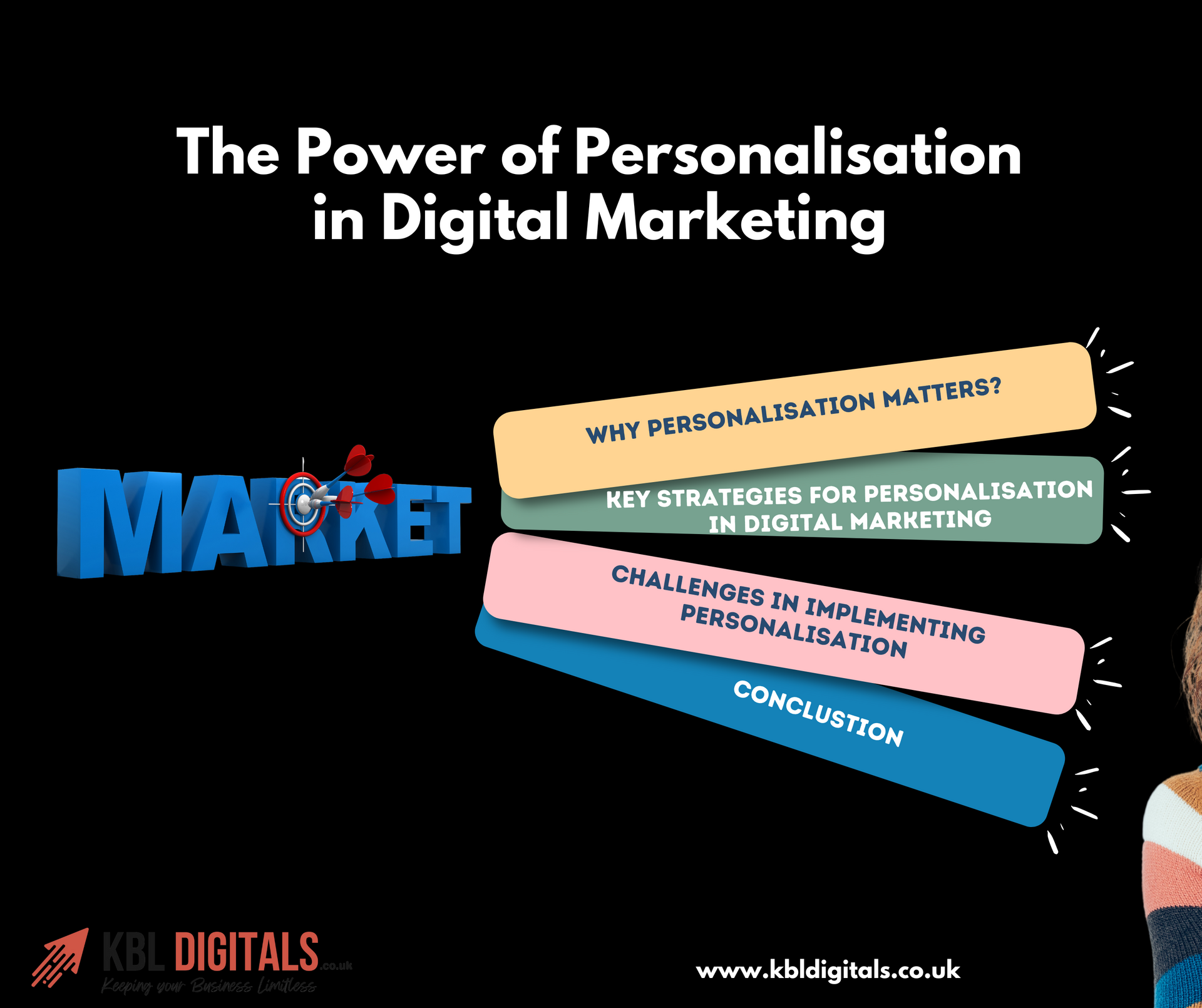THE LATEST TRENDS IN DIGITAL MARKETING 2024
As businesses continue to adapt to the rapidly evolving digital landscape, staying informed about the latest trends in digital marketing is essential for maintaining a competitive edge. Here are some of the most significant trends shaping digital marketing strategies in 2024:
1. Artificial Intelligence (AI) and Automation
- Personalisation at Scale: AI enables marketers to deliver highly personalized experiences by analyzing user data to predict behaviour and preferences.
- Chatbots and Virtual Assistants: The use of AI-powered chatbots for customer service and engagement is becoming standard, allowing for instant responses and improved user experiences.
- Content Generation: AI tools are being utilised for content creation, aiding in generating blogs, social media posts, and even ad copy based on user data and trends.
2. Augmented Reality (AR) and Virtual Reality (VR)
- Immersive Experiences: Brands are increasingly using AR and VR to create immersive shopping and advertising experiences, allowing consumers to visualise products before purchasing.
- Interactive Ads: AR ads that allow customers to interact with products in a virtual environment are gaining popularity, particularly in retail and real estate.
3. Video Marketing Dominance
- Short-Form Video Content: Platforms like TikTok and Instagram Reels are pushing brands to create short, engaging video content. These formats are effective for capturing attention in a crowded digital space.
- Live Streaming: Businesses are leveraging live video for real-time engagement, product launches, and Q&A sessions, allowing for direct interaction with audiences.
4. Voice Search Optimisation
- Increased Use of Voice Assistants: As more consumers use voice-activated devices, optimising content for voice search is becoming critical. This includes focusing on natural language and question-based queries.
- Local SEO Enhancements: Voice searches often have local intent, prompting businesses to optimise for local SEO to capture nearby customers effectively.
5. Sustainability and Ethical Marketing
- Eco-Friendly Practices: Consumers are increasingly interested in brands that adopt sustainable practices. Marketing strategies that highlight environmental responsibility and ethical sourcing resonate with audiences.
- Transparency and Authenticity: Brands that communicate their values and practices openly are more likely to build trust with consumers, who increasingly demand transparency.
6. Social Commerce
- Shopping Directly Through Social Media: Platforms like Instagram and TikTok are enhancing their shopping features, allowing users to purchase products without leaving the app, making social commerce a growing trend.
- Influencer Collaborations: Brands are partnering with influencers to promote products directly within social platforms, combining engagement with transaction options.
7. Data Privacy and Consumer Trust
- Increased Regulation: With growing concerns about data privacy, regulations like GDPR and CCPA are influencing how brands collect and use consumer data.
- Building Trust: Brands that prioritise data security and transparent data practices will have a competitive edge in attracting and retaining customers.
8. Content Experience and Interactive Content
- Focus on Engagement: Creating interactive content—quizzes, polls, and augmented experiences—encourages user participation and can significantly enhance engagement rates.
- Quality Over Quantity: Marketers are shifting towards creating high-quality, meaningful content that provides real value rather than just increasing volume.
9. Omnichannel Marketing Strategies
- Seamless Customer Experiences: Brands are emphasizing the importance of creating a cohesive customer journey across all platforms, from online to offline touchpoints.
- Integrated Campaigns: Marketing efforts that unify messages across channels help reinforce brand identity and engage customers effectively.
10. Micro-Moments and Consumer Journey Mapping
- Real-Time Engagement: Brands must focus on capturing consumer attention during micro-moments—instances when consumers turn to their devices for quick answers or decisions.
- Understanding the Customer Journey: Mapping the customer journey helps identify key interactions and optimize the experience across all touchpoints.
Conclusion
The digital marketing landscape is continually evolving, and businesses must be agile to adapt to these trends. In 2024, leveraging advancements in AI, embracing innovative formats like AR and VR, focusing on sustainability, and enhancing personalised experiences will be crucial for success.
By staying informed and leveraging these trends, brands can connect more effectively with their audiences and achieve their digital marketing goals.













